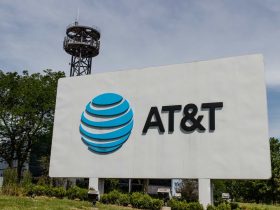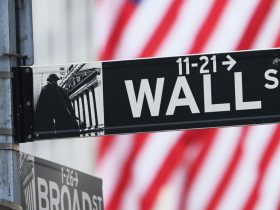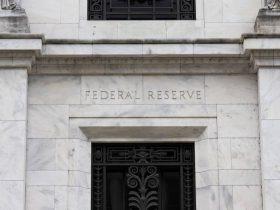Here’s a myth-busting surprise. Millennials, while beset by student debt and the decline of traditional pensions, are more on track for retirement savings than baby boomers, a new study by Vanguard says.
The rosier outlook for millennials is due to changes in retirement plan design. As millennials entered the workforce, many were automatically enrolled in retirement plans, often in target-date funds, and sometimes in plans that automatically hiked employee contributions over time. Those factors have put many millennials—and some Gen Xers—on the right track for retirement.
Vanguard projected retirement readiness for three generations: early millennials (ages 37-41); mid-Generation X (49-53); and late baby boomers (61-65). Younger Americans fared better than their elders in Vanguard’s analysis. Millennials at the 50th income percentile (some $42,000) will be able to generate sustainable retirement income equal to 58% of their preretirement earnings. That, of course, still leaves a gap, but it’s eight percentage points better than the estimate for median-income late boomers (50%), according to Vanguard.
Unsurprisingly, high-income workers across all generations are better prepared to meet spending needs in retirement than their lower-income counterparts. Workers at the 25th income percentile face a projected retirement savings gap of 32%, whereas high-income families have a savings surplus of 20%, according to Vanguard.
Write to Andrew Welsch at [email protected]
Last Week
Markets
After an 11th-hour deal, a government shutdown was delayed for 45 days. One loser in the deal: aid to Ukraine. Another: Speaker Kevin McCarthy, who was ousted, rendering the House leaderless. Meanwhile, long-term Treasuries sold off again, hammering stocks, but oil fell back and September jobs data came in hotter than expected, at 336,000. Friday saw a rally. For the week, the
Dow Jones Industrial Average
slipped 0.3%, the
S&P 500
picked up 0.48%, and the
Nasdaq Composite
gained 1.6%.
Companies
Former President Trump and family’s civil trial for fraudulent valuations and Sam Bankman-Fried’s criminal trial over his role in the FTX collapse began. The White House forgave 250,000 cases of student-loan debt for $9 billion. China’s BYD is running neck-and-neck with
Tesla
as the world’s No. 1 electric-vehicle producer. The UAW and Ford narrowed their differences. Kaiser Permanente workers launched the largest U.S. healthcare strike ever, albeit for three days.
Deals
The Wall Street Journal reported that
Exxon Mobil
was nearing a $60 billion deal for
Pioneer Natural Resources,
giving it a dominant position in the Permian Basin…Sandal maker Birkenstock priced its initial public offering at $44 to $49 a share, for as much as a $10.8 billion valuation…Intel said it would spin off a unit servicing defense and telecom and is preparing an IPO of its programmable-chips
division…Eli Lilly
agreed to pay $1.4 billion for
Point Biopharma Global,
a nearly 100% premium.
Write to Robert Teitelman at [email protected]
Next Week
Wednesday 10/11
The Federal Open Market Committee releases the minutes from its mid-September monetary-policy meeting.
The Bureau of Labor Statistics releases the producer price index for September. Consensus estimate is for the PPI to increase 1.6% year over year, equal to the August figure. The core PPI, which excludes volatile food and energy prices, is expected to rise 2.3%, one-tenth of a percentage point more than previously.
Thursday 10/12
The BLS releases the consumer price index for September. Economists forecast that the CPI will increase 3.6% from a year earlier, while the core CPI is seen rising 4.1%. This compares with gains of 3.7% and 4.3%, respectively, in August.
Friday 10/13
Third-quarter earnings season unofficially kicks off with the money center banks announcing results.
Citigroup,
JPMorgan Chase,
and
Wells Fargo
all report before the opening bell.
The University of Michigan releases its Consumer Sentiment Survey for October. Consumers’ expectations for the year-ahead inflation was 3.2% in September, the lowest level since March of 2021.
Email: [email protected]
Read the full article here













Leave a Reply